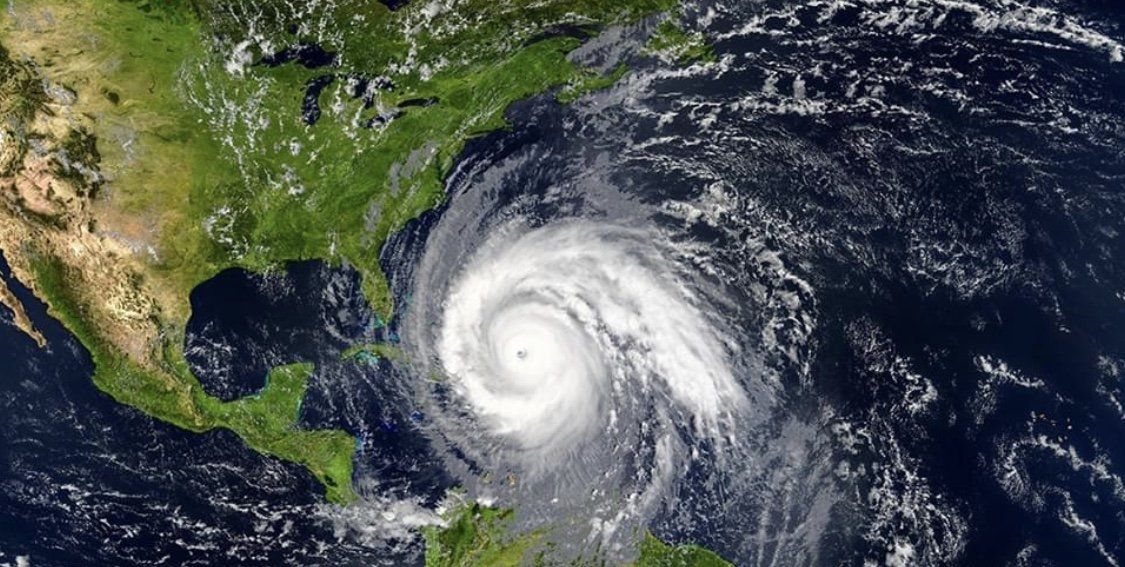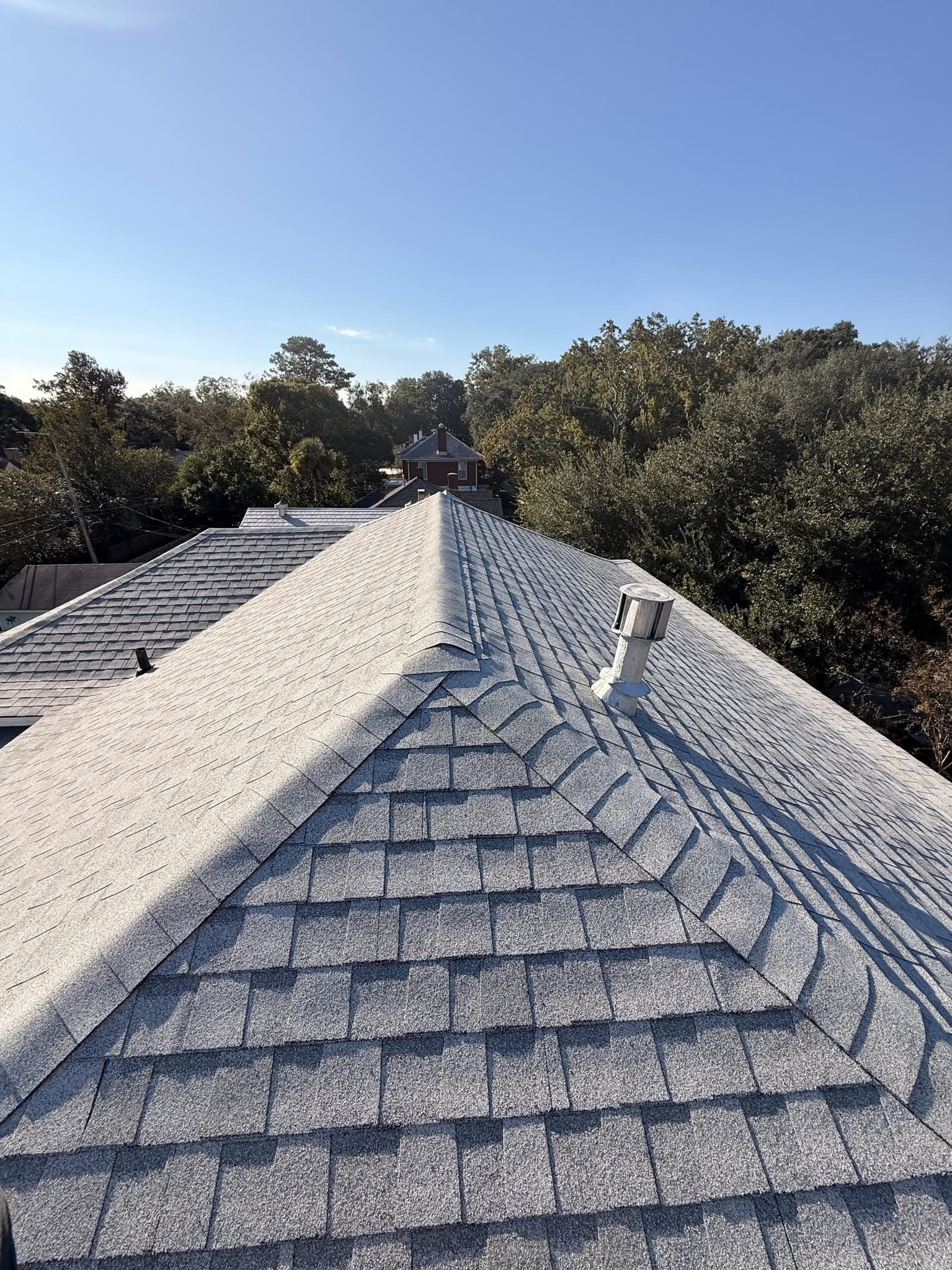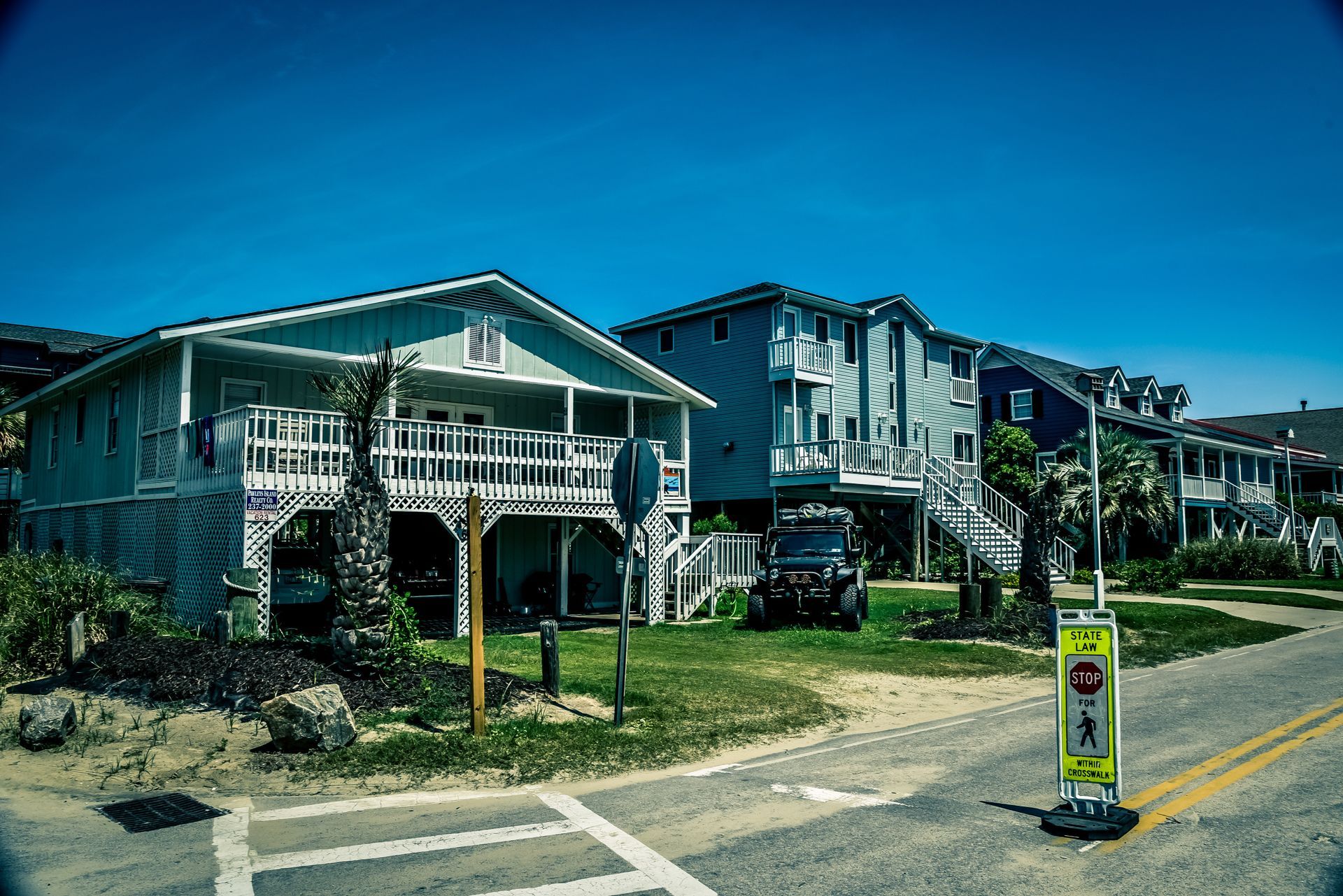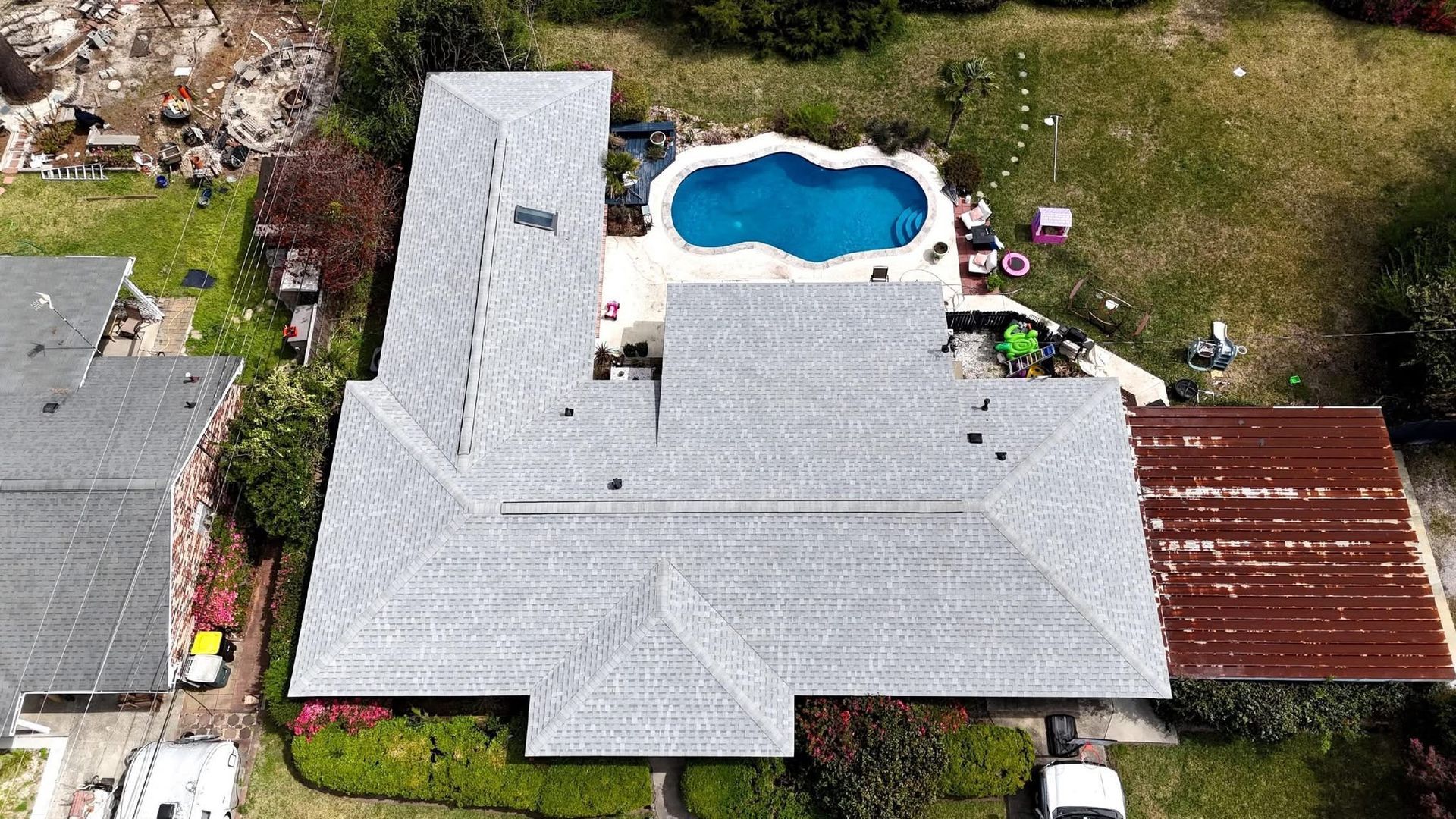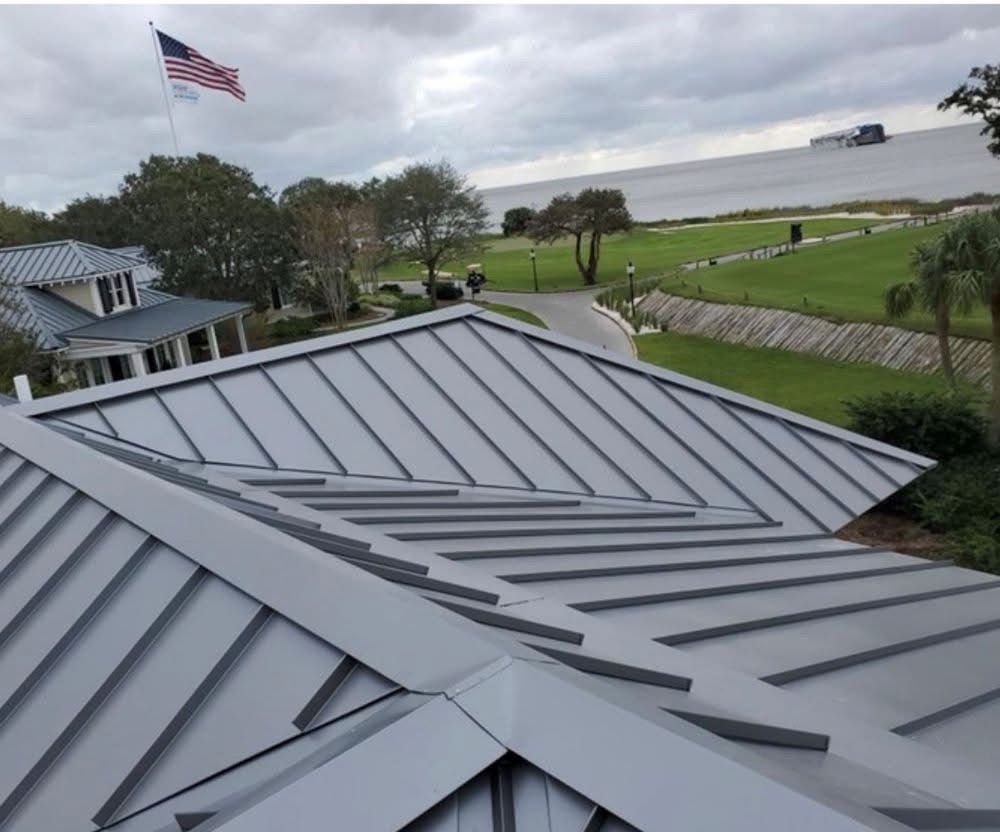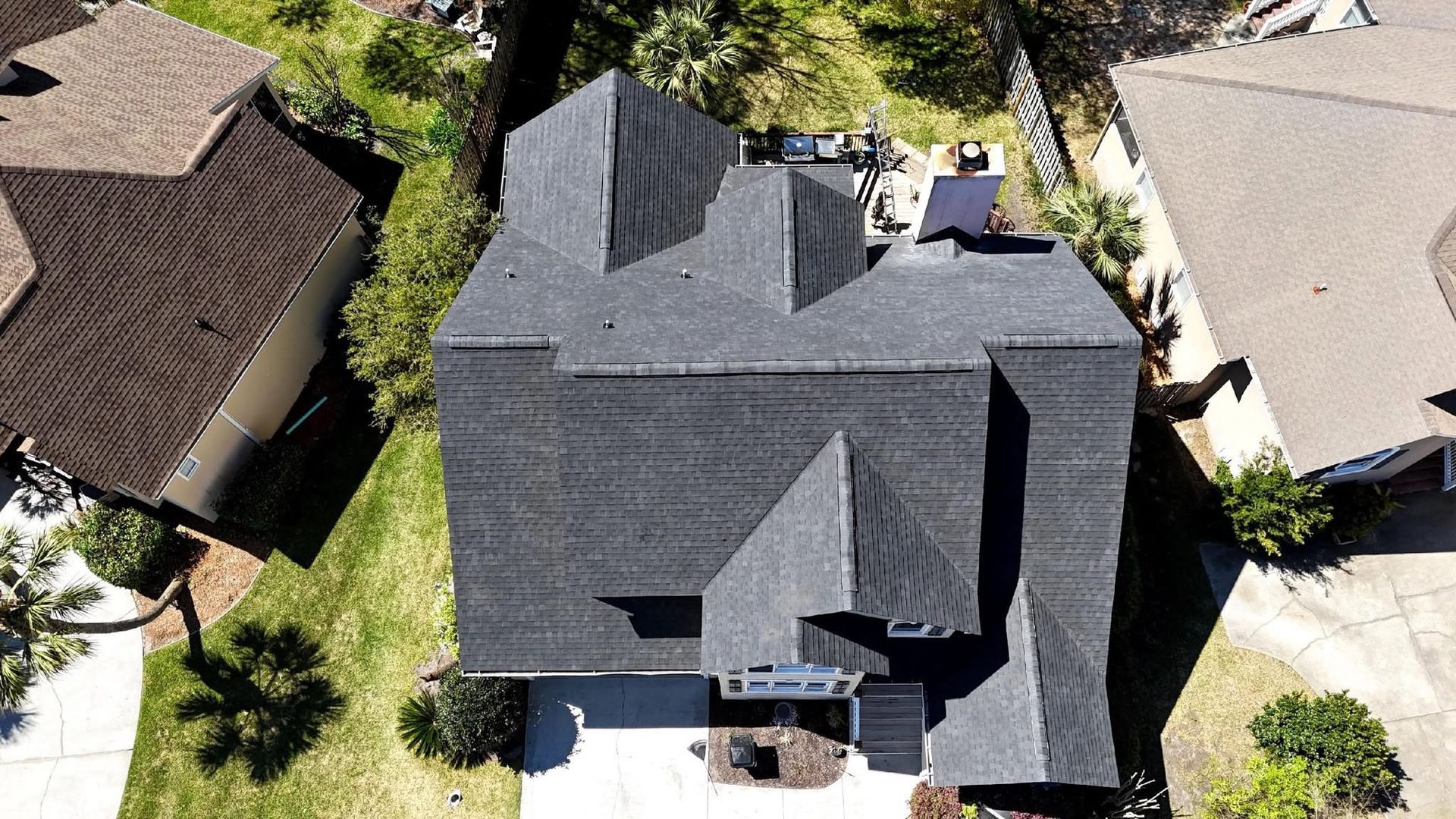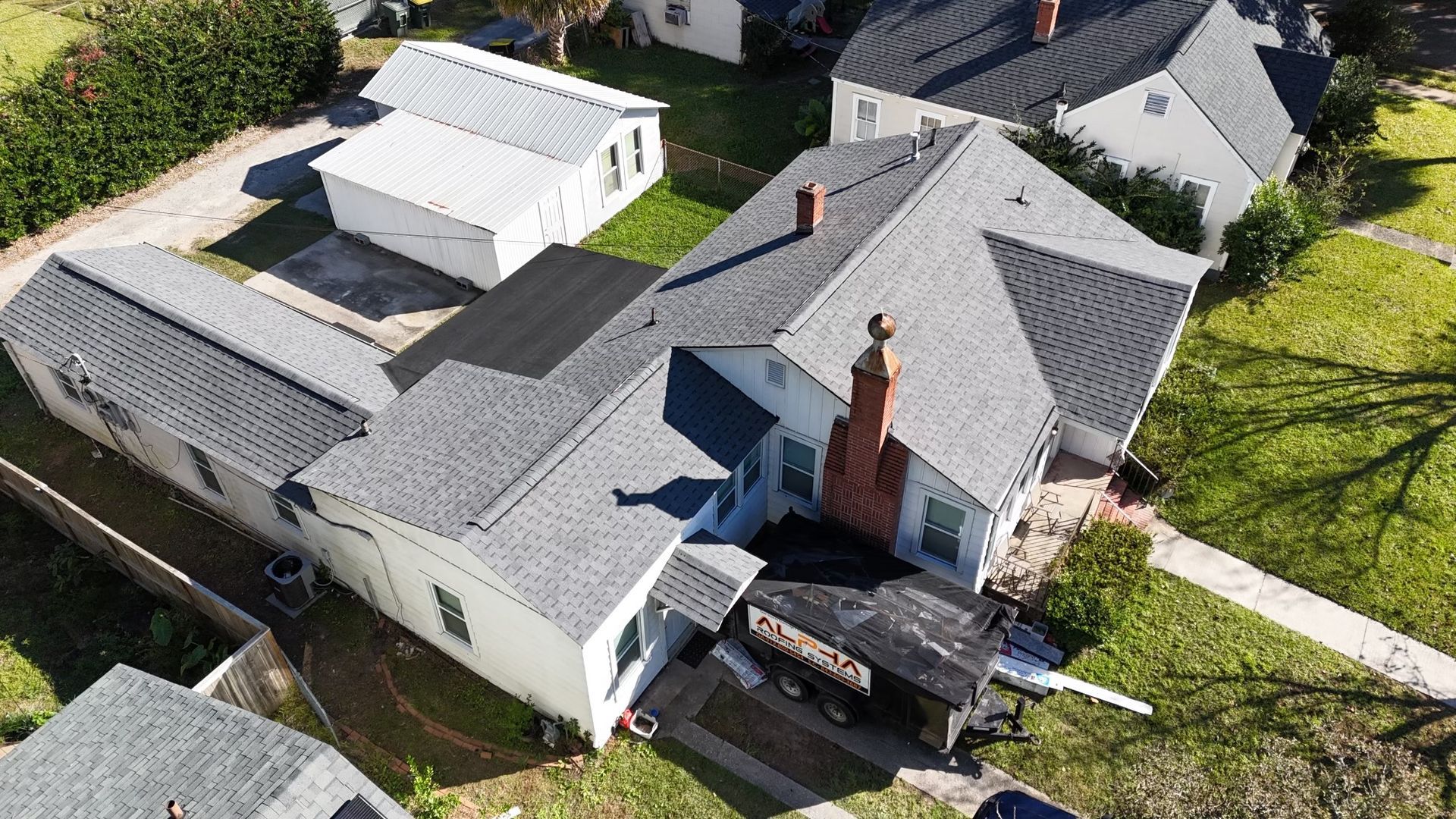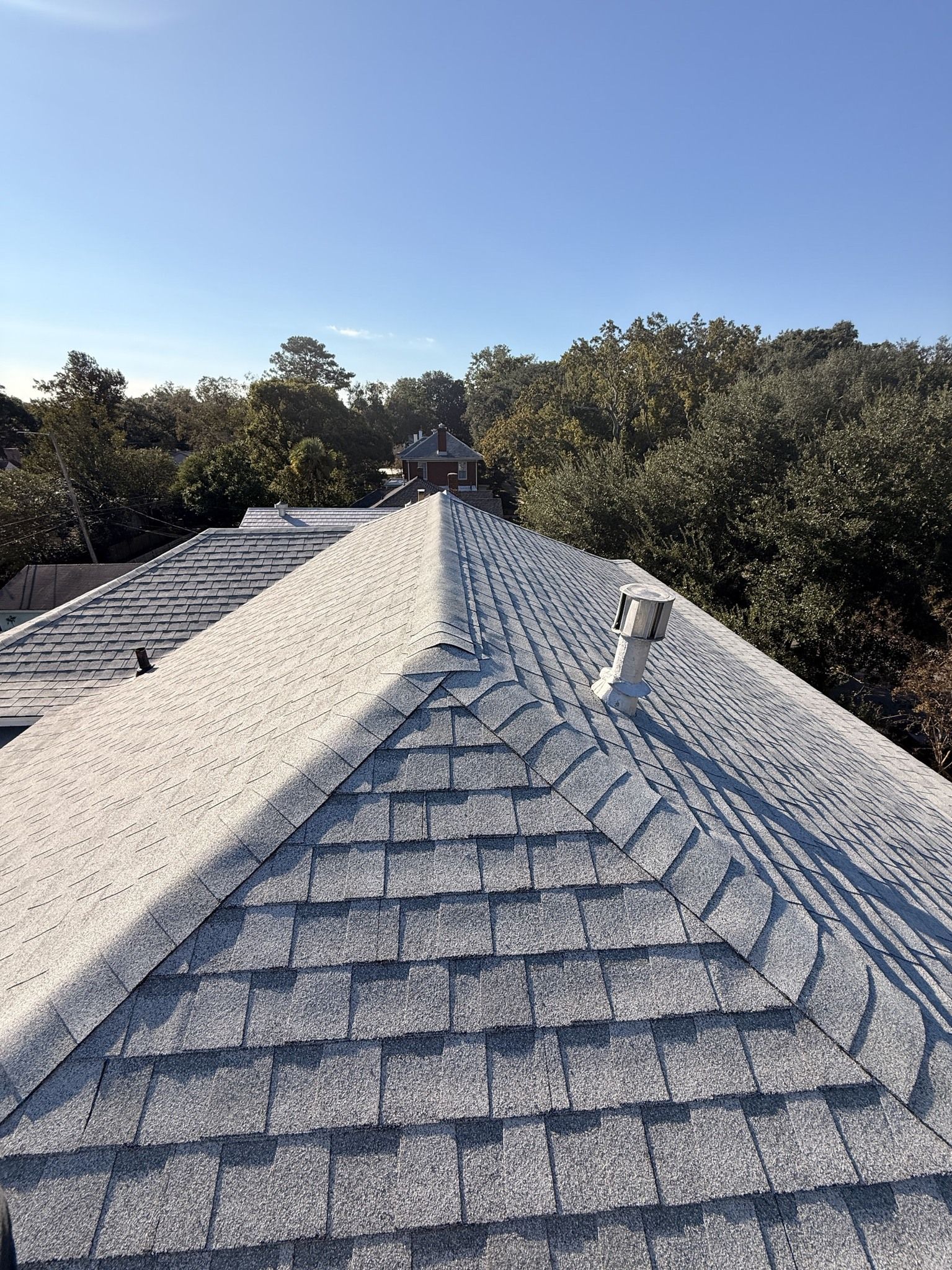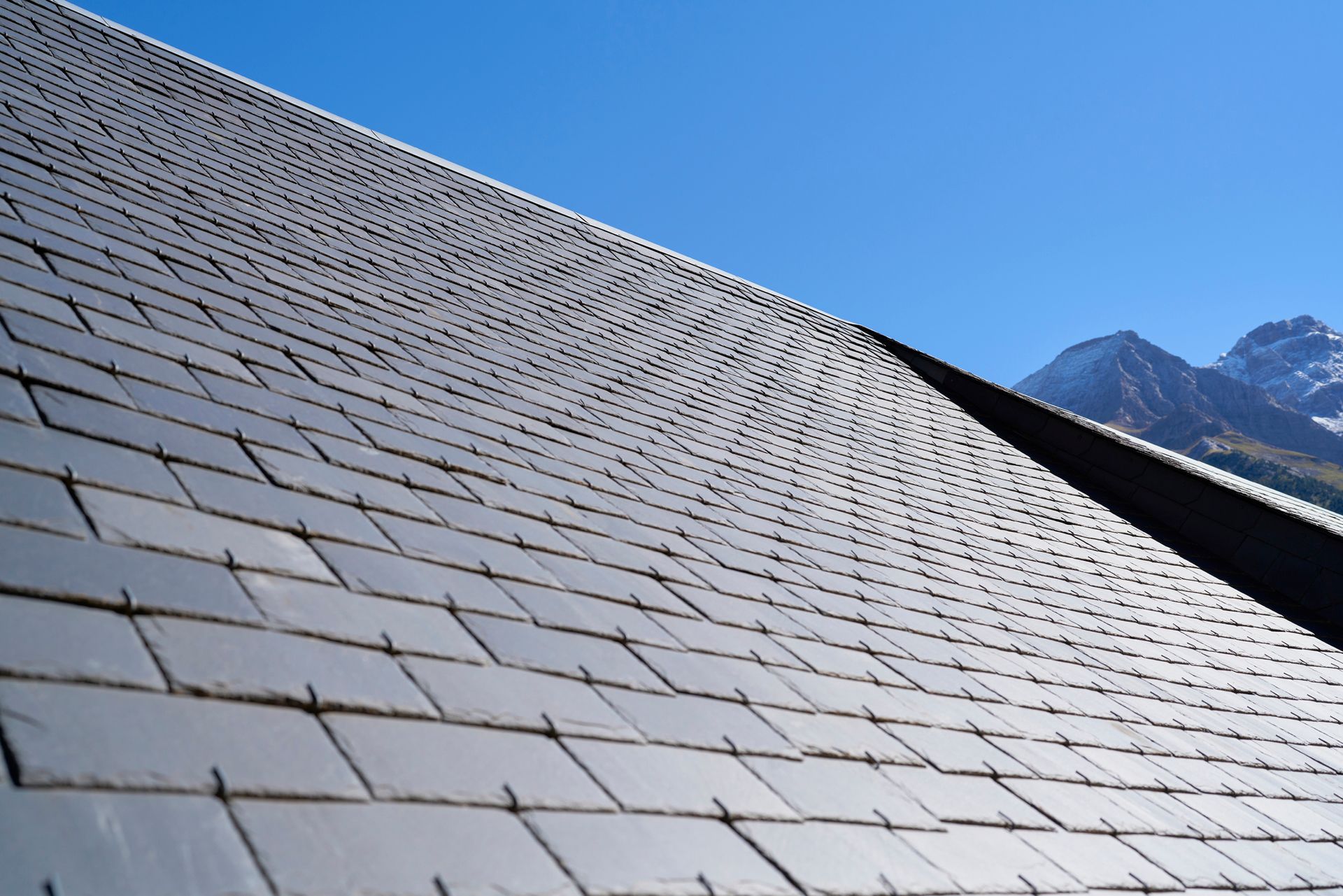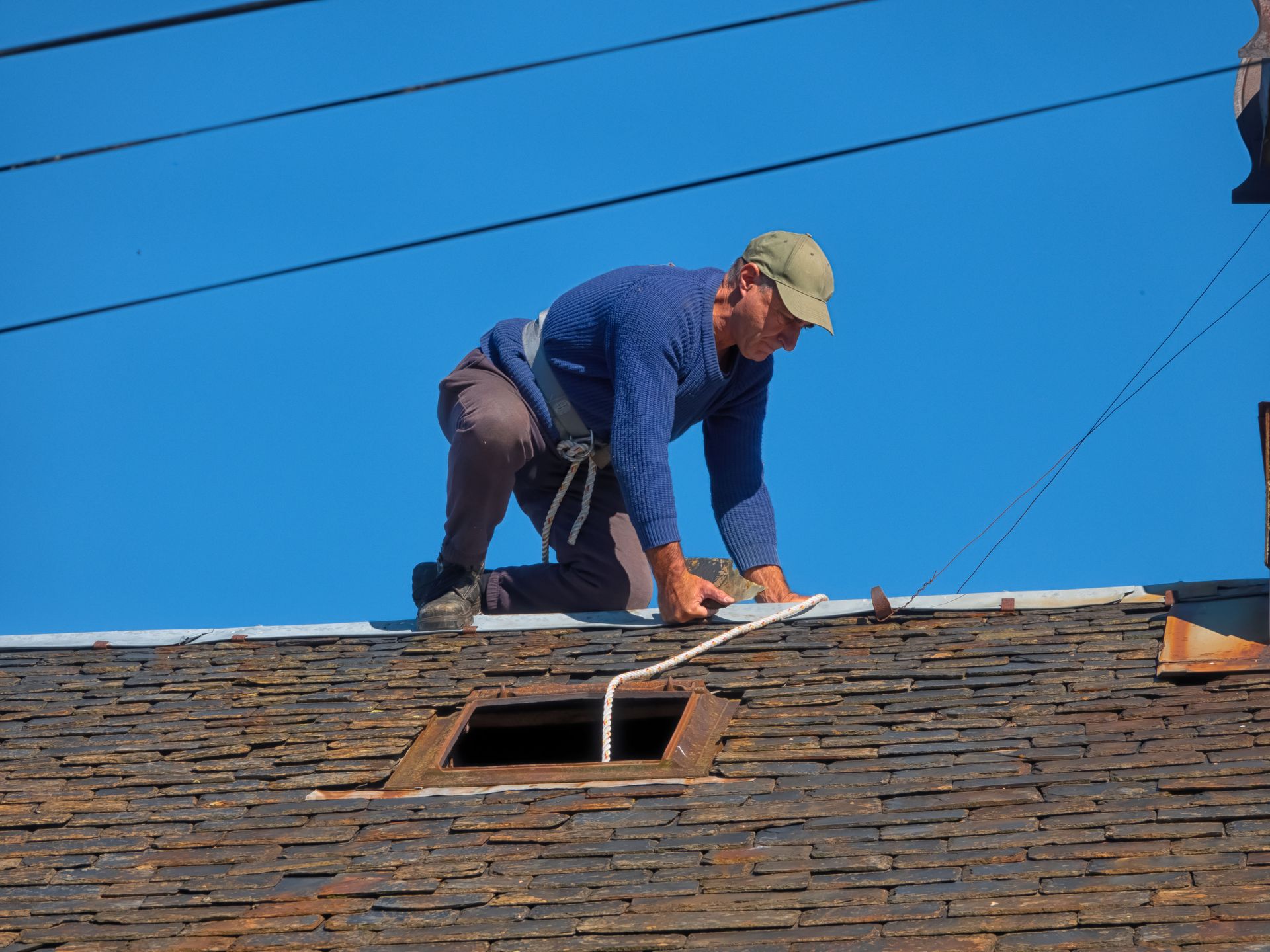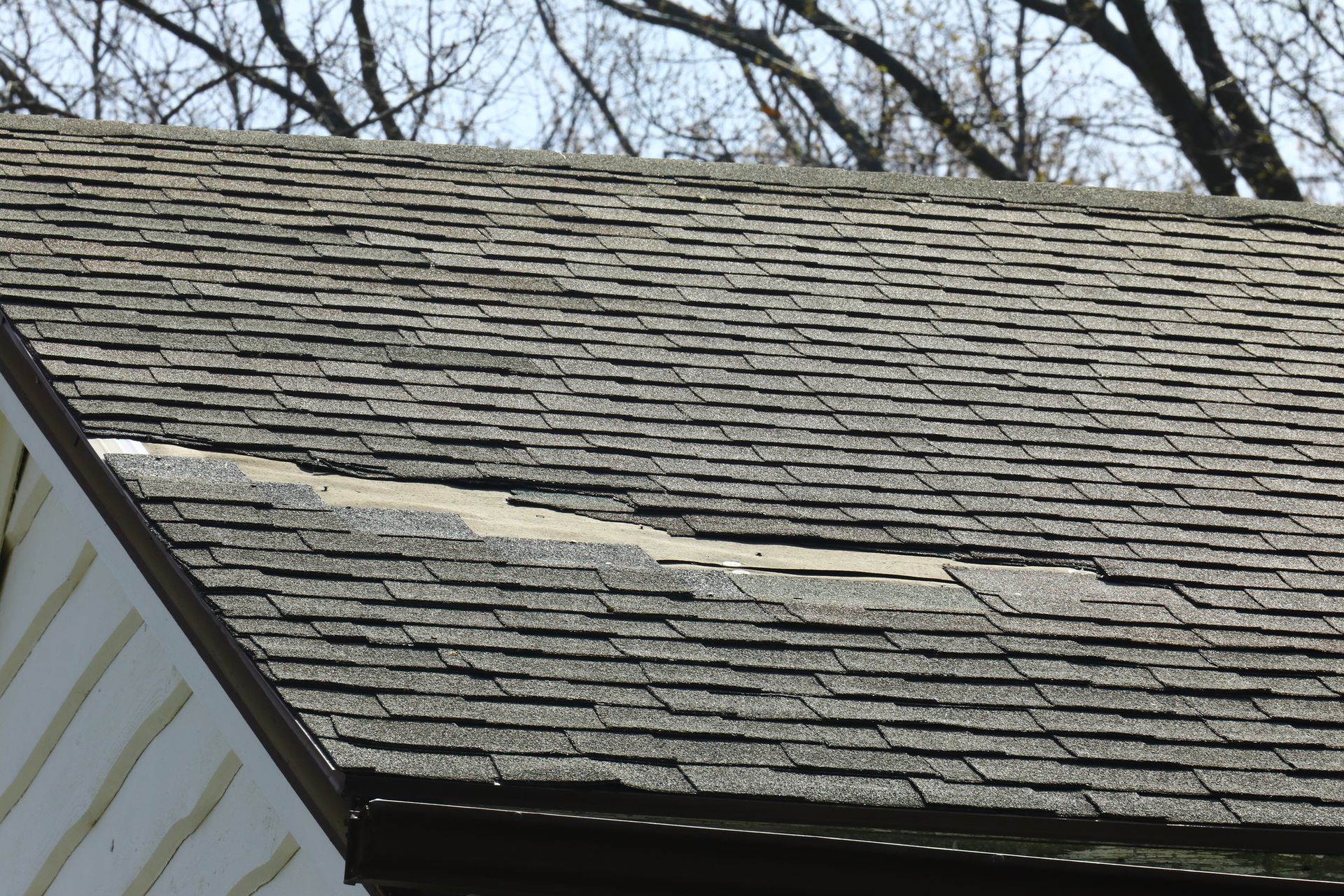How to Prepare for a Hurricane
How to Prepare for a Hurricane
A hurricane can cause widespread devastation during and after it occurs. This guide from FEMA is designed to help you properly prepare for a hurricane and know how to protect yourself during and after one. Planning and preparing can make a big difference in safety and resiliency in the wake of a hurricane. The ability to quickly recover following a hurricane requires a focus on preparedness, advance planning, and knowing what to do in the event of a hurricane.
1. Sign up for local alerts and warnings
Monitor local news and weather reports and sign up the weather alerts!
2. Create an emergency communication plan with your family, roommates, and even your workplace
Prepare to evacuate by testing your emergency communication plan, learning evacuation routes, having a place to stay, and packing a “go bag.”
3. Stock emergency supplies
You can build your supplies over time by adding a few items each week or month. Gather in advance the necessary supplies and items you will need to stay safe after the hurricane passes and as you start to recover. Stock food items that do not need refrigeration and will last. Regularly replace items like water, food, medications, and batteries that go bad over time. For a complete list of emergency supplies, visit ready.gov/prepare and then check them off your Hurricane Preparedness Checklist once you add them to your emergency kit.
4. Protect your property
You can protect your home and property by installing sewer backflow valves, anchoring fuel tanks, reviewing insurance policies, taking pictures of your home before the storm, and cataloging belongings.
5. Get your documents in order
Collect and THOROUGHLY safeguard critical financial, medical, educational, and legal documents and records. Keep these documents in a waterproof pouch and in an accessible place.
6. Listen to law enforcement
Follow guidance from local authorities, coast guard, and law enforcement. If advised to evacuate, grab your “go bag” and leave immediately.
7. Protect yourself from the elements
For protection from high winds, stay away from windows and seek shelter on the lowest level in an interior room. Move to higher ground if there is flooding or a flood warning. Never walk or drive on flooded roads or through water.
8. Call 9-1-1 if you are in life threatening danger
If you feel that you are in danger and your life’s on the line, do not hesitate to call 911. Law enforcement is here to help.
9. Returning to the area
Only return to the area after authorities say it is safe to do so. Do not enter damaged buildings until they are inspected by qualified professionals.
10. Be aware of your surroundings
Look out for downed or unstable trees, poles, and power lines. Do not remove heavy debris by yourself. Wear gloves and sturdy, thick-soled shoes to protect your hands and feet. Do not drink tap water unless authorities say it is safe.


